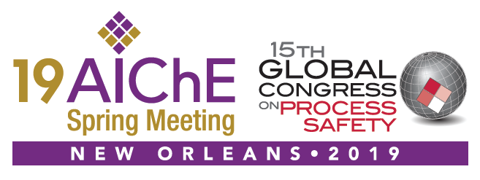

No other form of safety communication is more important than the casual, face-to-face communication between supervisors and their frontline teams.
Supervisor’s safety communication is a better predictor of serious incidents than: training, safety campaigns, posters & logos, and senior management commitment.
Recent studies of offshore oil platforms highlight the importance of safety communication at the local level. These studies show that the variance of incidents within the same company (incidents on different platforms operated by one company) is higher than the variance between different companies operating in the same waters. The researchers conclude that what matters most in safety culture is not the commitment of your company, but rather the commitment of local managers and supervisors. It is “supervisors†not “companies†that determine the safety culture.
So, what then is the role for corporate-level safety professionals? Corporate-level safety professionals need to make sure their supervisors are equipped to do this local level safety communication. This means that corporate safety material is written in a way that is easy for supervisors to understand and easy for supervisors to communicate to their own teams.
We will show what communication looks like when it is designed specifically for supervisors. We will show risk assessment tools, procedures, SOPs, and training programs all designed especially for supervisors. Why is this so important? Because supervisors, more than any other person, determine the safety culture.
END
Presenter(s)
Language
Pricing
Individuals
| AIChE Member Credits | 0.5 |
| AIChE Pro Members | $19.00 |
| Employees of CCPS Member Companies | Free |
| AIChE Graduate Student Members | Free |
| AIChE Undergraduate Student Members | Free |
| AIChE Explorer Members | $29.00 |
| Non-Members | $29.00 |
